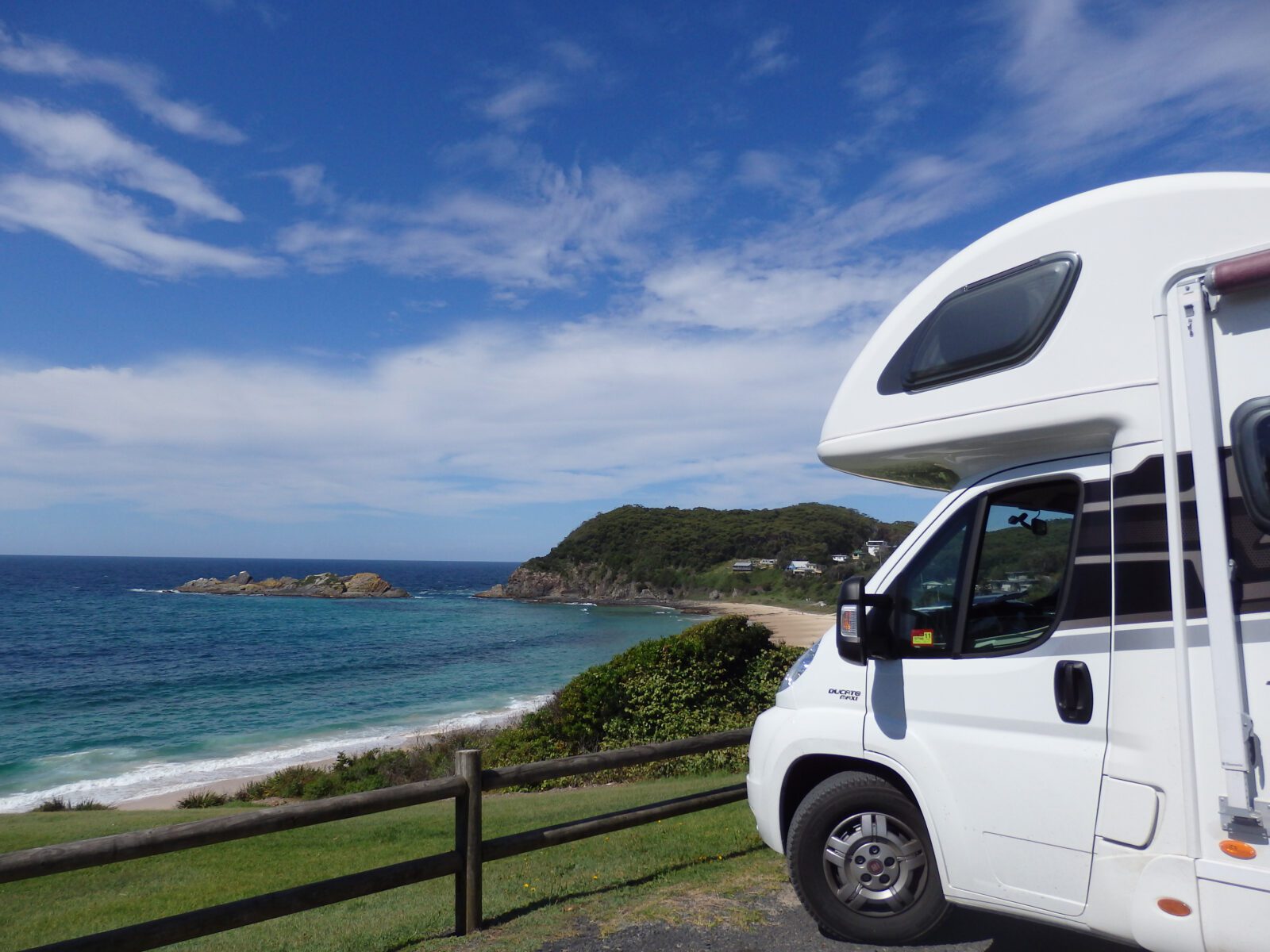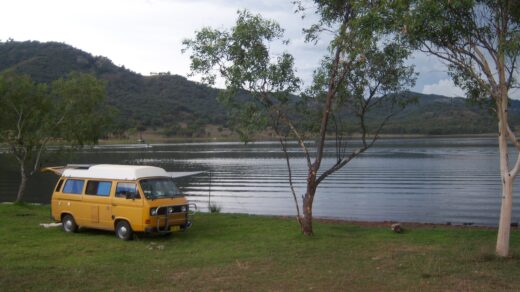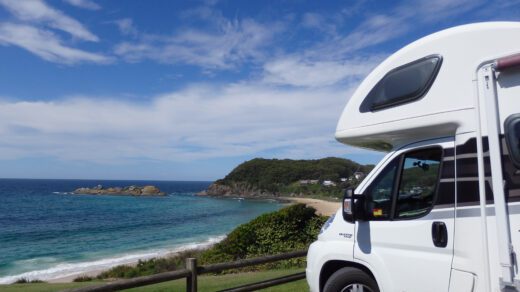Tyres
We can’t stress enough how important it is to check your tyres before each trip. Tyres are often forgotten, leading to serious incidents on our roads. Checking your tyre pressure is an absolute must. Tyres on RVs typically carry more weight than standard vehicles which makes it even more important to have the correct tyre pressure. The tyre placard will stipulate the recommended tyre pressure for your rig, and we recommend checking your tyre pressures before heading off on your trip.
It is also worth noting that tyres degrade with age. Even if they look near new and have plenty of tread, they may be unsafe to drive on. Several factors lead to tyre degradation including sunlight and heat, so it is worthwhile getting them checked for degradation annually if they are more than five years old.
Rest
Driving any RV is a lot more strenuous than a standard passenger vehicle, making rest even more important. Whether you’re travelling a short or long distance, always ensure you have had adequate sleep beforehand. And it’s important to avoid driving at times when you would usually be asleep. Driver fatigue is one of the top three contributors to the road toll, with a lack of sleep making you less alert and affecting your coordination, judgement, and reaction time. It is also important to factor in rest breaks into any trip when driving for extended lengths of time. We recommend planning to stop for 15 minutes every two hours.
If you experience any signs of fatigue, please pull over somewhere safe. A short 20-minute nap works best – if you have the opportunity. We suggest sharing the responsibility of driving as a way to avoid excessive fatigue. For this reason, it’s important that your travelling companion also has the ability to drive or tow your RV – especially in situations where the main driver would be unable to drive so you don’t find yourself stuck.
Download the rvSafe Checklist App
The few things we have addressed only cover a fraction of safety checks and things you should do in preparation of a trip. If you’re unsure about all the things you should be doing, download our free rvSafe Checklist app. Here you can access a detail safety checklist tailored to the type of RV you drive including caravan, motorhome, camper trailer, bus, slide-on and motorhome with a secondary vehicle. Our app also features a customisable packing list, so you don’t forget anything important. Search rvSafe in the App Store and Google Play Store today.







